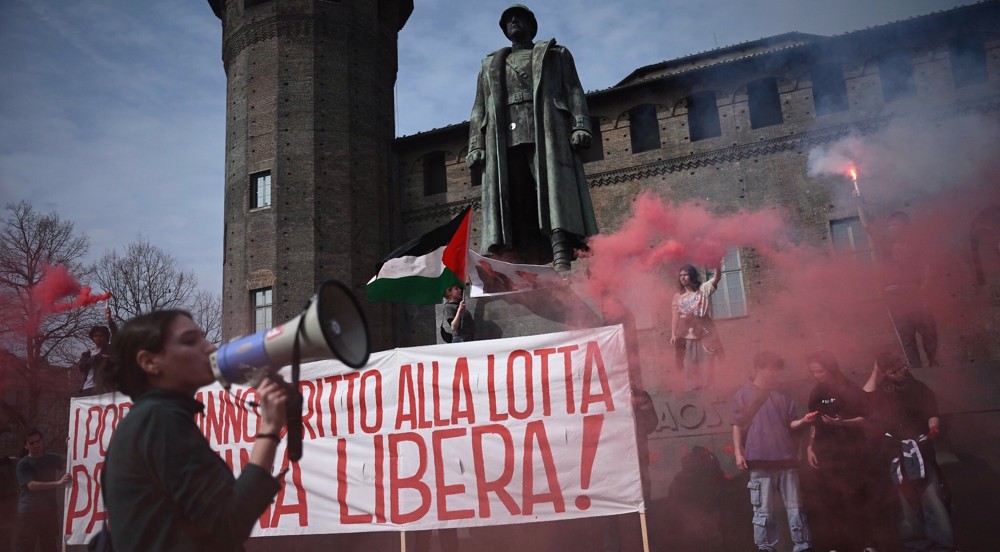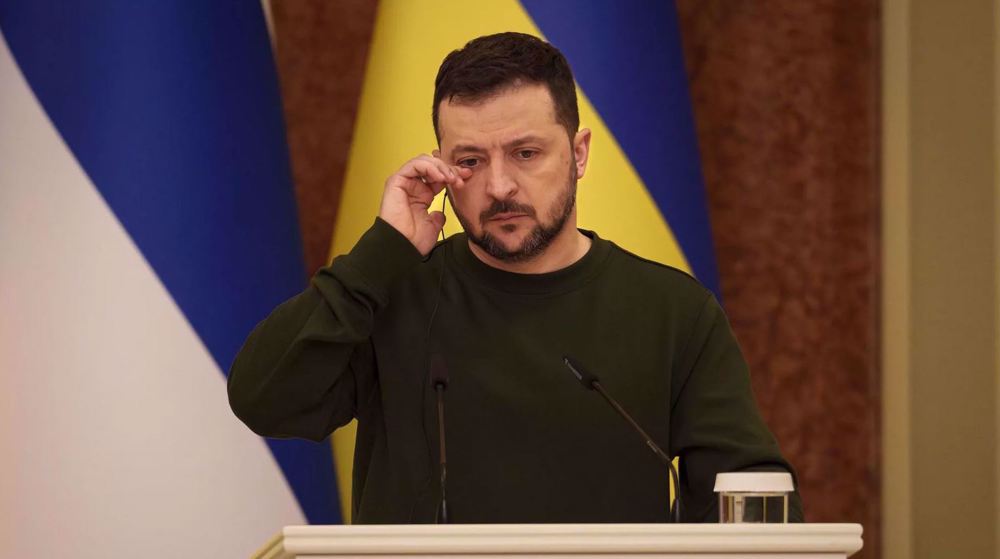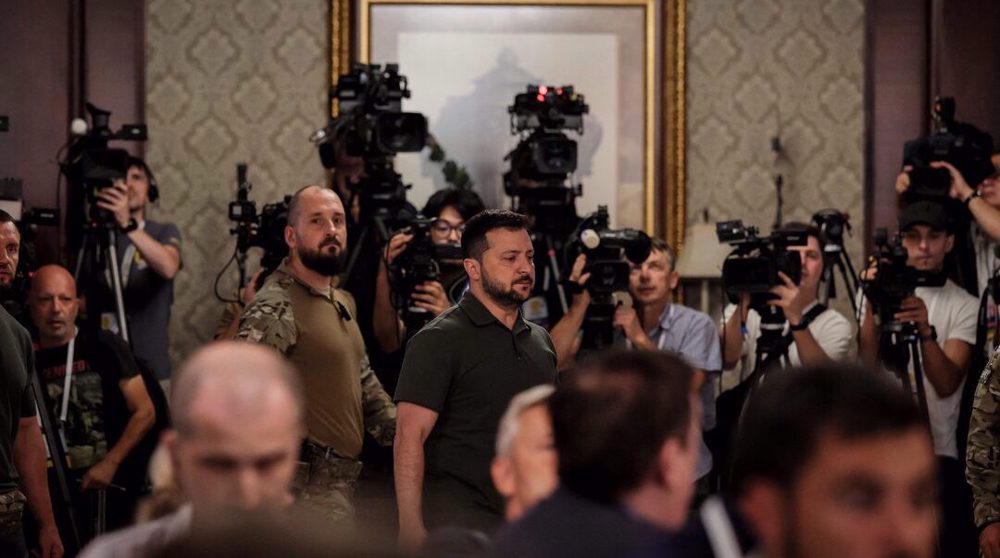20,000 UN forces needed to resolve Ukraine's crisis: Report
The United Nations should mull the deployment of some 20,000 peacekeeping forces in Ukraine to help resolve the long-standing crisis in the country's volatile eastern regions, says an official report to be presented at a security conference in Germany.
The report commissioned by Anders Fogh Rasmussen, a Ukrainian presidential adviser and former NATO chief, will be presented to top officials at a conference on international security policy in the southern German city of Munich on Saturday.
Apart from the need for the UN to consider a force of some 20,000 soldiers from non-NATO countries, the report also calls for the deployment of 4,000 police personnel in the restive Ukrainian region, where sporadic clashes break out despite a ceasefire and diplomatic peace efforts.
"The operation would need a mix of some European countries, such as Sweden, countries with a track record in peacekeeping, such as Brazil, and countries that have Russia's trust, such as Belarus," said Richard Gowan, author of the report and an expert on the UN at Columbia University.
While numbers as high as 50,000 personnel have been mentioned by some diplomats and experts, Gowan said it was unrealistic to expect countries to station so many troops in eastern Ukraine.
The author of the report added that Moscow would likely resist such a large force as Russian President Vladimir Putin had previously suggested a limited UN peacekeeping mission to the region.
Gowan also pointed to the holding of local elections in eastern Ukraine as a key part of the 2015 Minsk peace accords, saying such action could only take place by establishing a peacekeeping force there.
"If you were able to get a significant presence on the ground reasonably quickly, you would want to move towards local elections within 12 months, and then keep peacekeepers there for a cooling-off period, say two years in total," he said.
More than 700 observers from the Organization for Security and Cooperation in Europe (OSCE) have been tasked with monitoring a ceasefire agreement that was reached between Russia, Ukraine, Germany and France in the Belarusian capital Minsk in February 2015. The OSCE, currently operating monitoring missions on the conflict, has so far failed to reduce tensions.

Senior officials from Russia, Ukraine, Germany and France are scheduled to discuss the conflict on the sidelines of the Munich Security Conference on February 17.
The armed conflict erupted in Ukraine following the overthrow of pro-Russian president Viktor Yanukovych in February 2014 and intensified after people in the Black Sea peninsula of Crimea voted for reunification with the Russian Federation in a referendum in March 2014. The West brands the reunification as annexation of the territory by Russia. Moscow denies any involvement in the conflict.
The pro-Russians have turned the two regions of Donetsk and Lugansk in the east — collectively known as the Donbass — into self-proclaimed republics.
Armed confrontation between the pro-Russia forces and the Ukrainian military has killed more than 10,000 people, according to the United Nations.
US police gets billions more to crush movement against imperialism, Zionism
Iranian universities open doors to Western students expelled over pro-Gaza demos
VIDEO | Press TV's news headlines
At least 35 killed in Israeli strikes on Rafah as vital aid corridors cut off
A singer with Palestine keffiyeh: Eurovision contest kicks off with pro-Gaza protests
Oxford students protest against Gaza genocide
West asked Iran 'don't hit Israel hard', lower intensity of True Promise: FM
India state-owned company shipped munitions to Israel amid Gaza war: Report










 This makes it easy to access the Press TV website
This makes it easy to access the Press TV website